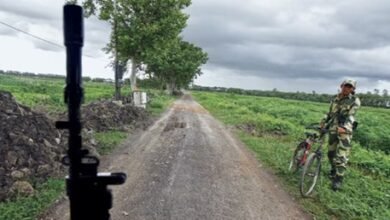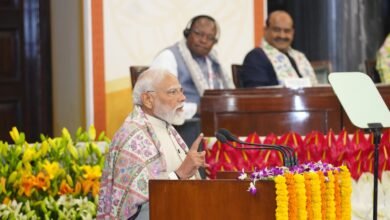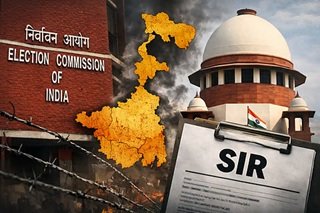What Is The Future Of Joshimath, An Indian Town In The Himalayas?
Joshimath, an Indian Himalayan town that has been gradually sinking into the ground, has had hundreds of residents evacuated. The BBC’s Vineet Khare spoke to specialists to determine whether the village might be spared as people waited in limbo.
Joshimath is located in the state of Uttarakhand, and its chief minister, Pushkar Singh Dhami, stated that the subsidence has affected almost 25% of the town’s territory.
Over 2.5 square kilometers, Joshimath, which has a 25,000 population, contains over 4,500 buildings (0.96 sq miles). Authorities have been tearing down the unsafe structures out of more than 800 buildings that have developed cracks.
Joshimath, which is situated in an area subject to earthquakes, was built on the remnants of a landslide brought on by an earthquake. Landslides are a frequent occurrence, weakening the soil.
Geoscientist and adjunct professor at the National Institute of Advanced Studies, CP Rajendran, cautions that the subsidence won’t stop until a new lower level is reached.
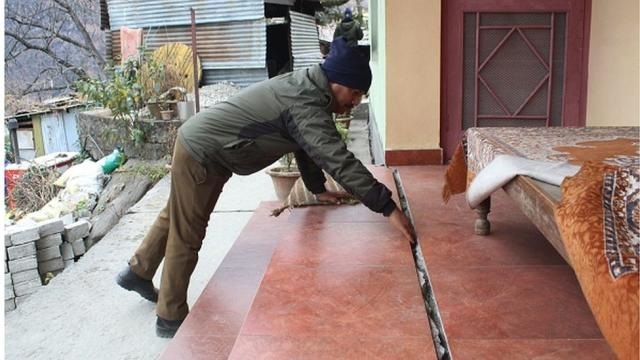
Residents are also concerned that rain or snow in the upcoming days and weeks could make things worse.
According to experts, a number of things, including years of uncontrolled construction, hydropower projects, and the absence of an adequate drainage system, is to blame for the current situation.
Heavy development in Joshimath was subject to restrictions even in 1976, according to a government report, which recommended that it only be permitted after testing the load-bearing capacity of the land.
Additionally, the research recommended establishing suitable sewage and drainage systems as well as concrete cement blocks to prevent erosion.
Many of these suggestions were made last year in a study by a government group, which also called for creating a well-planned drainage system.
However, activists have long argued that these have not been put into practice.
The government-owned NTPC Ltd., a leading Indian power corporation, is the target of local rage because, according to them, its current Tapovan Vishnugad hydropower project is tunneling through the ecology.
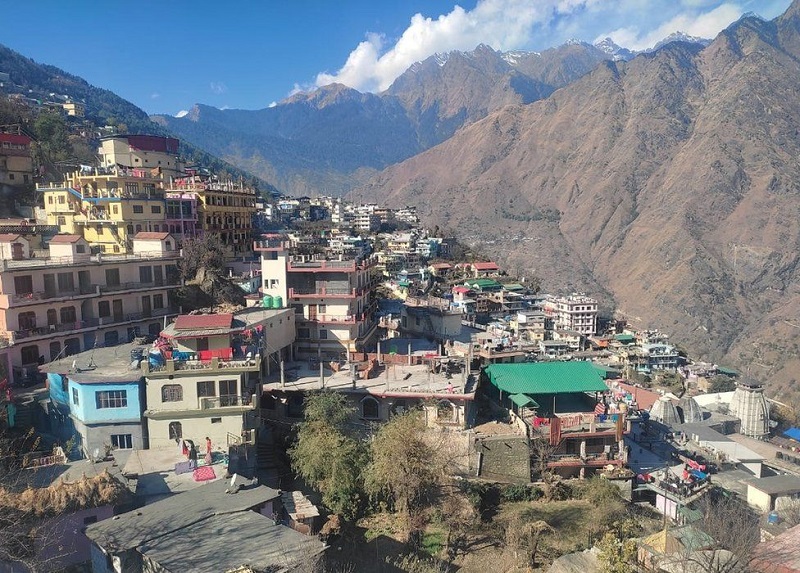
The claims have been rejected by NTPC. According to a statement, the tunnel is located horizontally more than a kilometer from the outer edge of Joshimath town and does not cut through the town.
RK Singh, the federal minister of energy, has disputed any connections between the power plant and the town’s state.
Critics have also pointed the finger at the federal government’s well-known Char Dham road project, which intends to widen existing roadways bridging four Hindu pilgrimage sites. Following protests, construction of a bypass route that would have gone through Joshimath has been halted.
Administrators claim that these accusations may have a negative effect on the inflow of tourists and hurt the community’s economy.
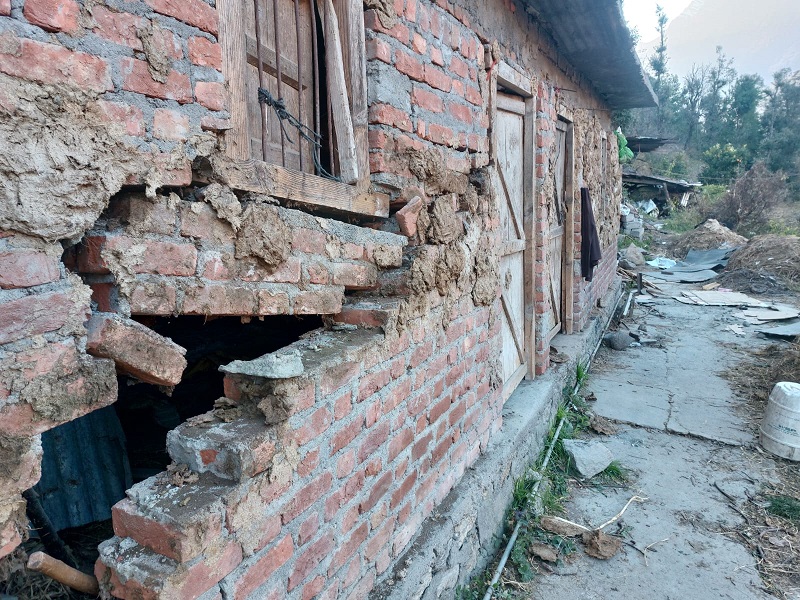
Others have also suggested exercising prudence while making decisions about the town’s future because it is close to India’s border with China. Stopping development in border regions would be a very cynical and strategically disastrous thing to do, taking into account India’s security and strategic concerns due to the China factor, according to Dr. Suvrokamal Dutta, an economist and foreign policy expert affiliated with the ruling Bharatiya Janata Party.
Some experts continue to think there is hope for the situation.
News Mania Desk/Photo Credit : Various media inputs and google




